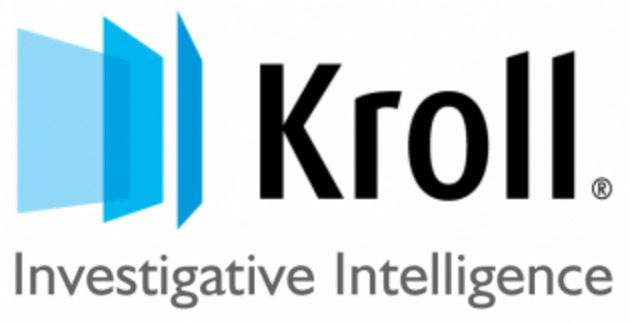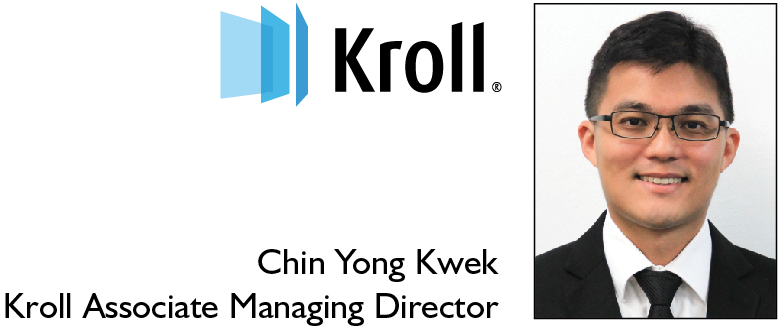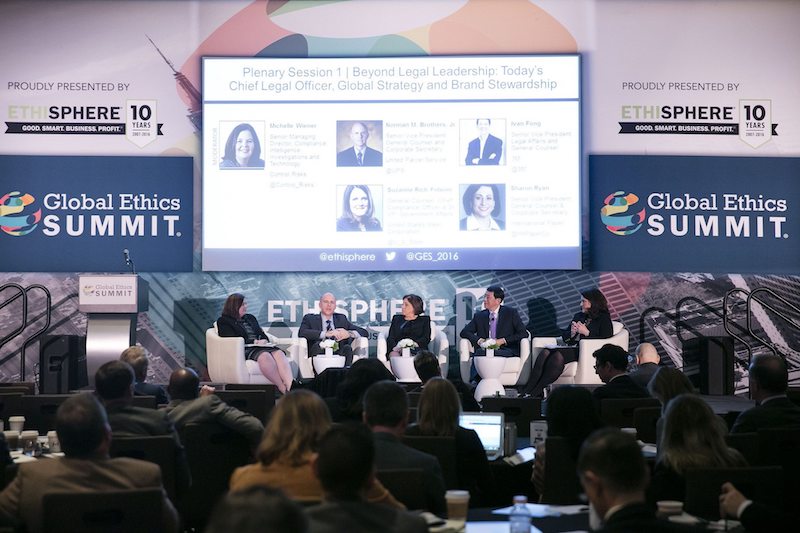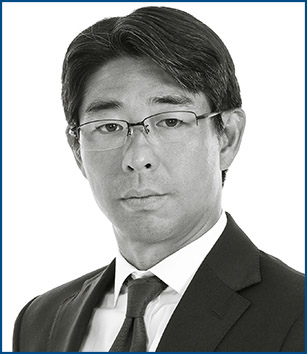Conducting joint investigations and joint enforcement actions with foreign authorities may become a new norm.
On December 22, 2017, Keppel Offshore & Marine (KOM) and its wholly owned US-based subsidiary signed agreements with US authorities that resulted in the payment of approximately US$422 million of penalties for violations of the US Foreign Corrupt Practices Act (FCPA). This is the seventh-largest FCPA settlement ever and the first of its kind for a major Singaporean company.
This case sent shockwaves through Singapore, as KOM is partly owned by the Singapore government. What lessons does it hold for Singaporean companies?
The quick answer: This is yet another signal the Singaporean authorities will take increasingly firm action against wrongdoing even if it may adversely affect “brand Singapore”. In the KOM matter, the Singaporean authorities issued a “conditional warning” to KOM and, in exchange, KOM paid almost US$53 million to Singapore as part of the US global settlement. This is unprecedented and potentially controversial, given that Singapore has never put in place a formal deferred prosecution agreement (DPA) regime and had no prior practice of entering into such DPAs.
Despite the lack of precedent, Singaporean authorities had no qualms entering uncharted territory to ensure justice was achieved. This follows in the wake of the 1MDB saga, where the authorities also used less conventional charges and relatively large regulatory fines to penalise banks and bankers for misconduct in that matter, another first of its kind. An earlier sign of increased regulatory action was the ST Marine case involving executives implicated in the giving of more than S$24 million of bribes to its customers to obtain more work, some of whom are based overseas. These cases show that Singaporean authorities will act firmly against Singaporeans, even if wrongdoing occurs outside its shores.
The global settlement reached in the KOM case is particularly noteworthy because it marks the first time that Singaporean authorities have collaborated with a foreign authority to reach a shared agreement with an offender. Though uncommon in Singapore, such a practice has been adopted by many other countries such as the US, Switzerland and the UK. This could mean that Singapore may conduct more joint investigations with other foreign authorities and enter into similar agreements in the future.
Another factor to consider is Singapore’s position as a significant financial centre and the fact that offenders often attempt to stash their illicit funds in the country. This could potentially mean more international cooperation and prosecutions are on the horizon.
In view of the above, joint investigations and joint enforcement actions may be a new norm. Singaporean companies must be especially wary of falling afoul of laws with extraterritorial effect, such as the Prevention of Corruption Act. What then should companies proactively do now and what options might they consider if they encounter such issues?
1. Put in place a strong compliance framework. This not only helps prevent wrongdoing, it shows regulators that adequate efforts have been taken to prevent wrongdoing.
2. Consider, when appropriate, self-reporting. In the KOM matter, the Singaporean authorities expressly stated that “due consideration was given to the substantial cooperation… and the extensive remedial measures” undertaken by KOM. Reference was made to the fact that the matter was self-reported. These were also positive points cited by the US authorities in reducing the quantum of penalties imposed.
3. Support your decisions with independent internal investigations. Cooperation and self-remediation are only possible if prompt internal investigations are conducted so that decisions are made with as much relevant information as possible. Such investigations should, as far as possible, be independent as this will help show that remedial actions are fact-based and genuine in nature.

By Chin Yong Kwek, Kroll Associate Managing Director


 W:
W: 

















 Kroll
Kroll Tadashi Kageyama
Tadashi Kageyama







